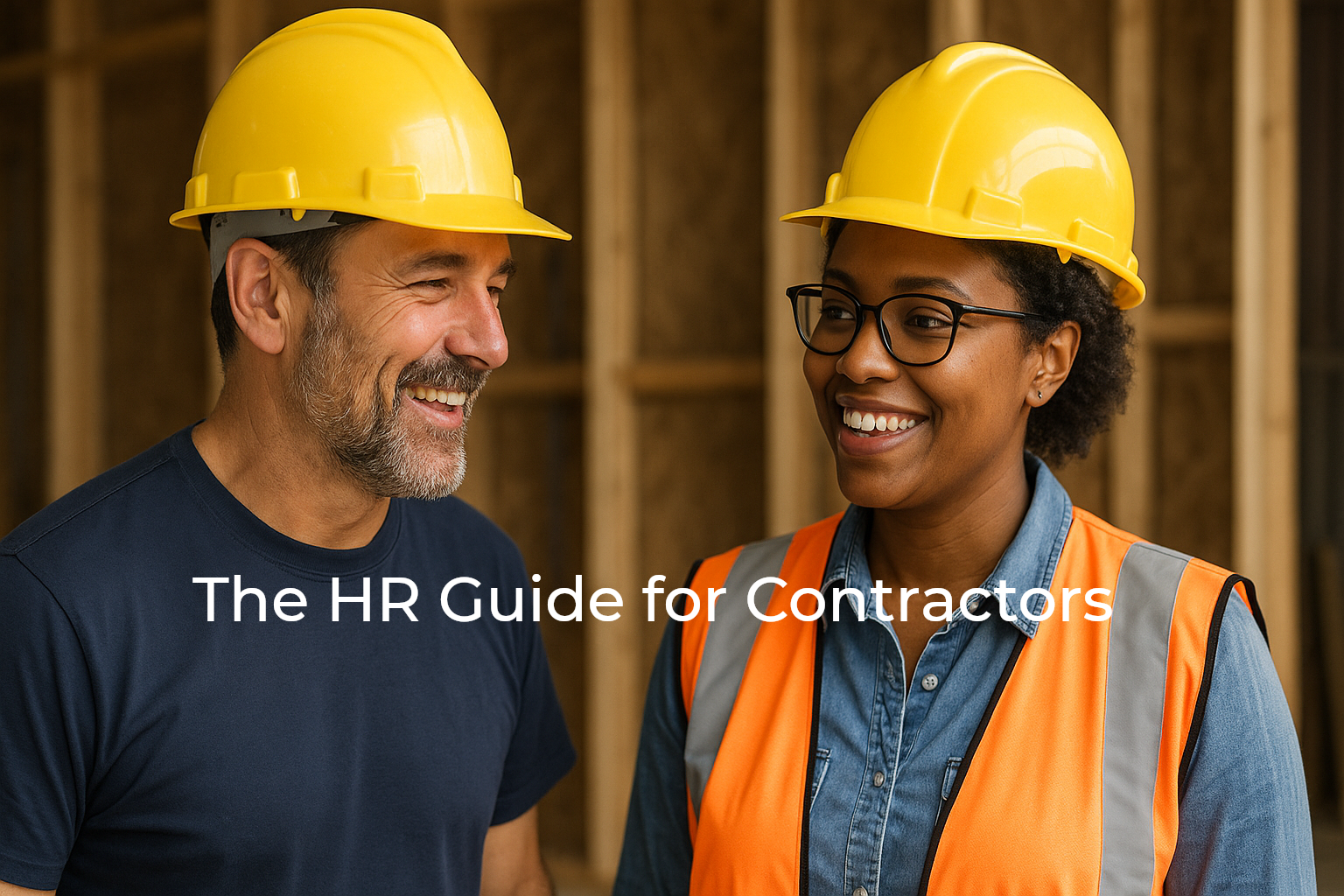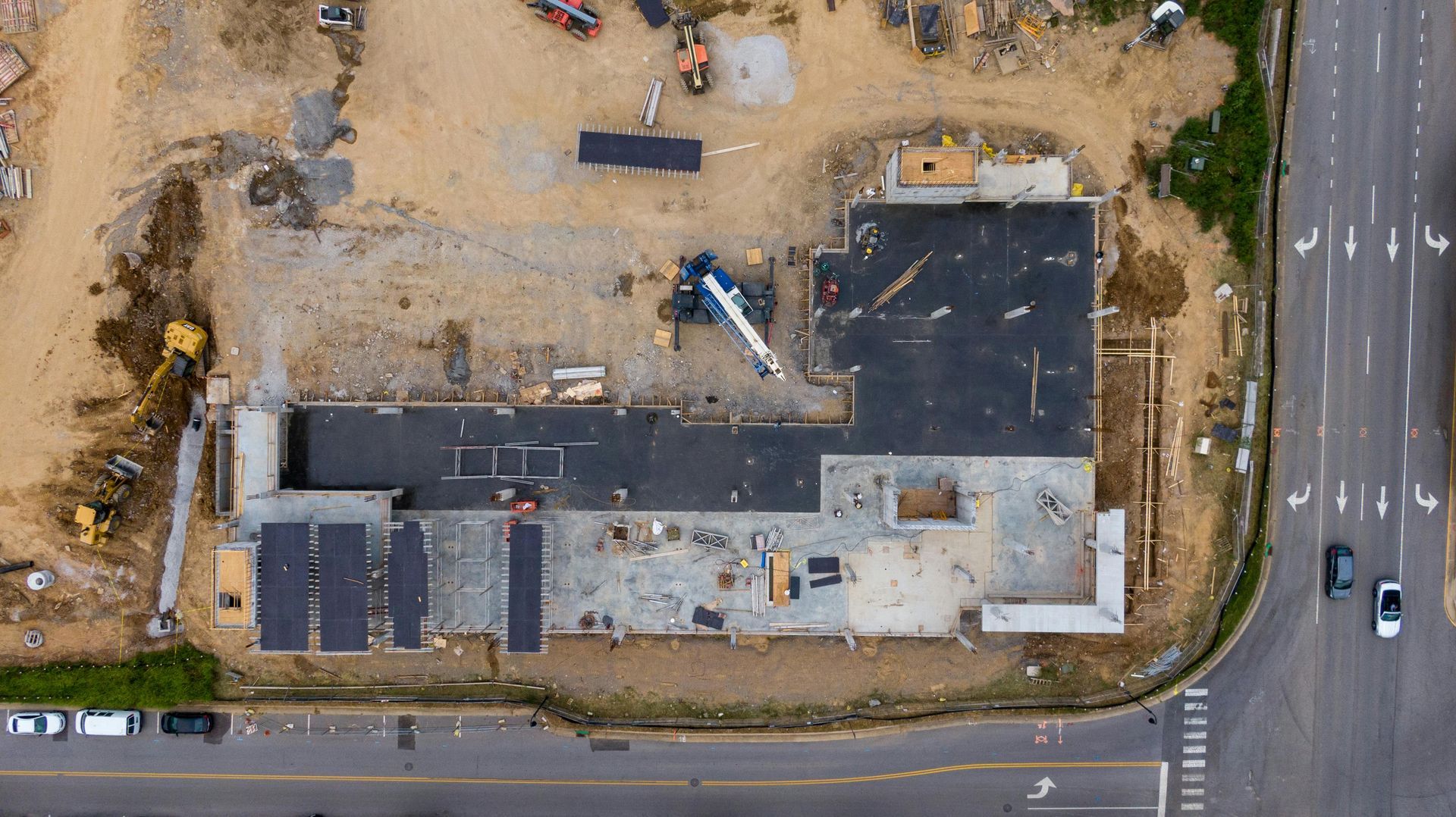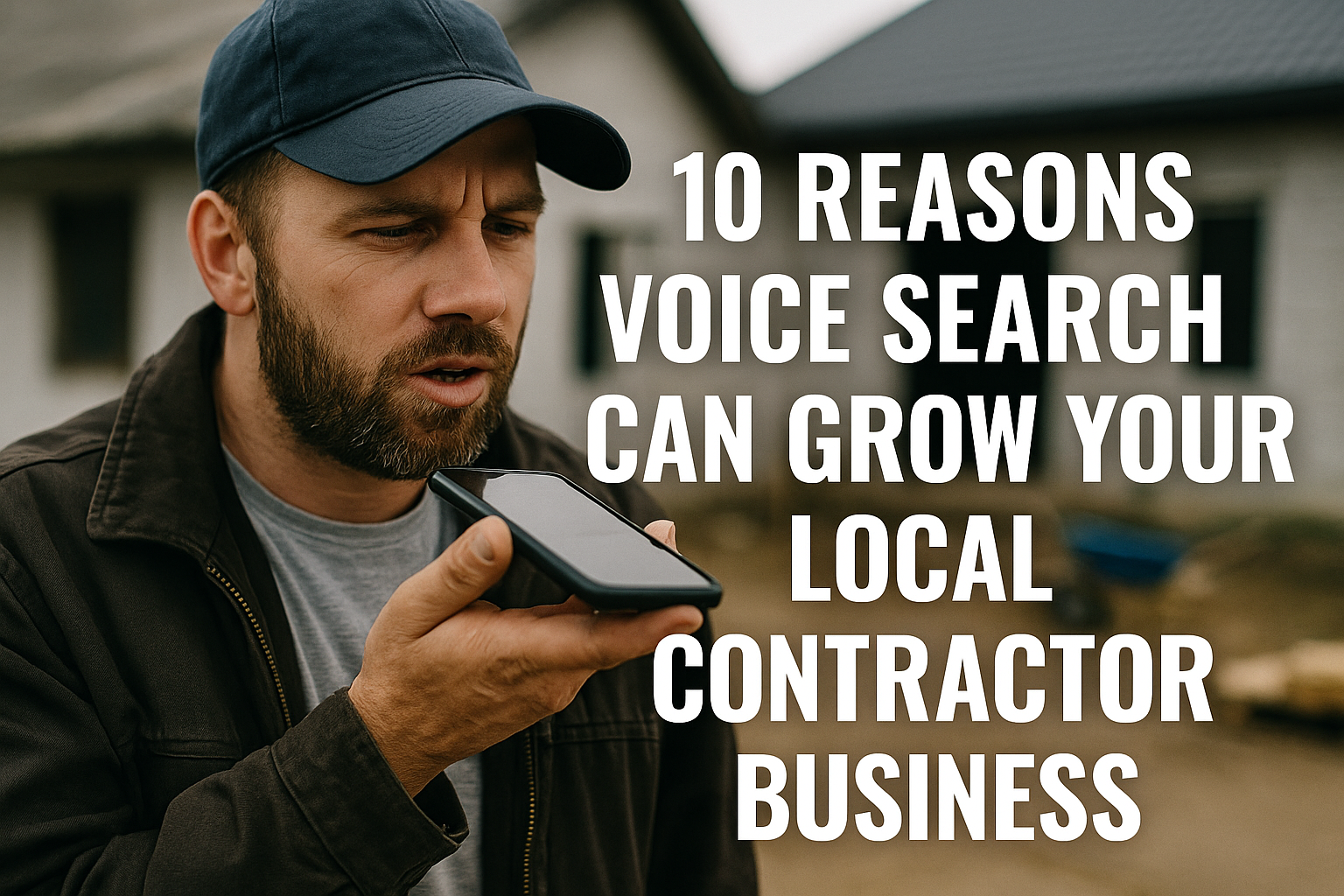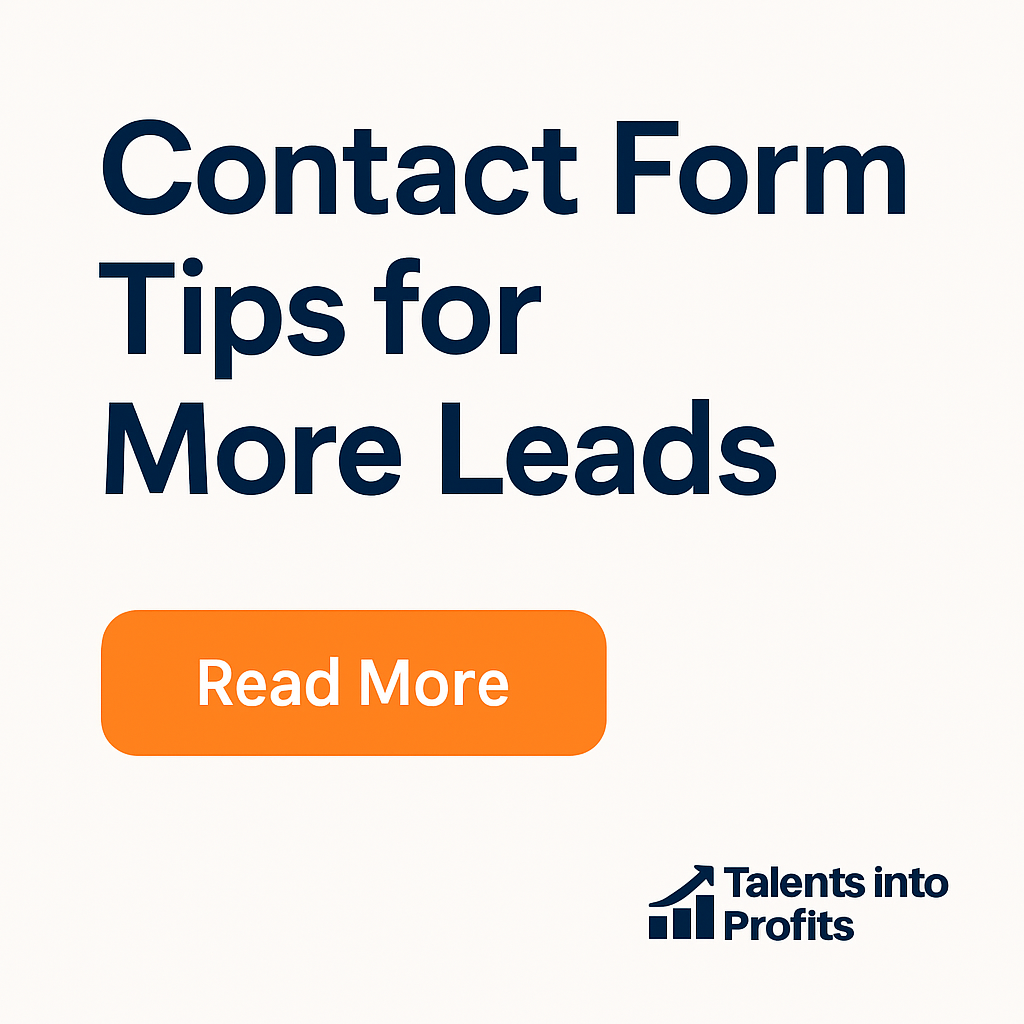How to get better at door knocking in 2026
Door Knocking is a lost skill, but can still help you get leads
Will Schmidt - January 15, 2020
After knocking on 20,000+ doors over 20 years, I’ve learned one thing —
door knocking still works when done right. Back then, it was clipboards and gut instinct; today, we’ve got CRMs, Google Maps, and smarter strategies. The same approach that once booked me 2–4 appointments a day still works in 2026 for contractors in roofing, gutters, restoration, and remodeling. And if your in-field branding or marketing materials need a boost, we can help — just click the button at the end.
Door Knocking Outline
- Introduction: Why Door Knocking Still Works in 2026
- Branding First — Look Like a Pro Before You Knock
- Professional Logos and QR Business Cards
- Dress the Part — Uniforms That Build Trust
- Mini Door Knocker Flyers That Convert
- Real Contractor Case Studies
- Choose the Right Neighborhoods (Proximity, Income, Familiarity)
- Practice Your Pitch — Proven Scripts That Work
- Overcoming Common Objections
- Best Times to Door Knock (and When Not To)
- Tracking Neighborhood Success & Follow-Up Strategy
Improve your branding before ever knocking a door
Never even start the truck until your
branding is on point. That means your logo, uniform, vehicle wrap, and website are all telling the same story. You have about
four seconds to make a first impression — and 97% of the time, that’s not enough unless your look instantly builds trust. Take the time to invest in a strong visual identity before you ever hit the street. When your branding looks professional, homeowners assume your work is too.
Look Professional with a Professional Logo
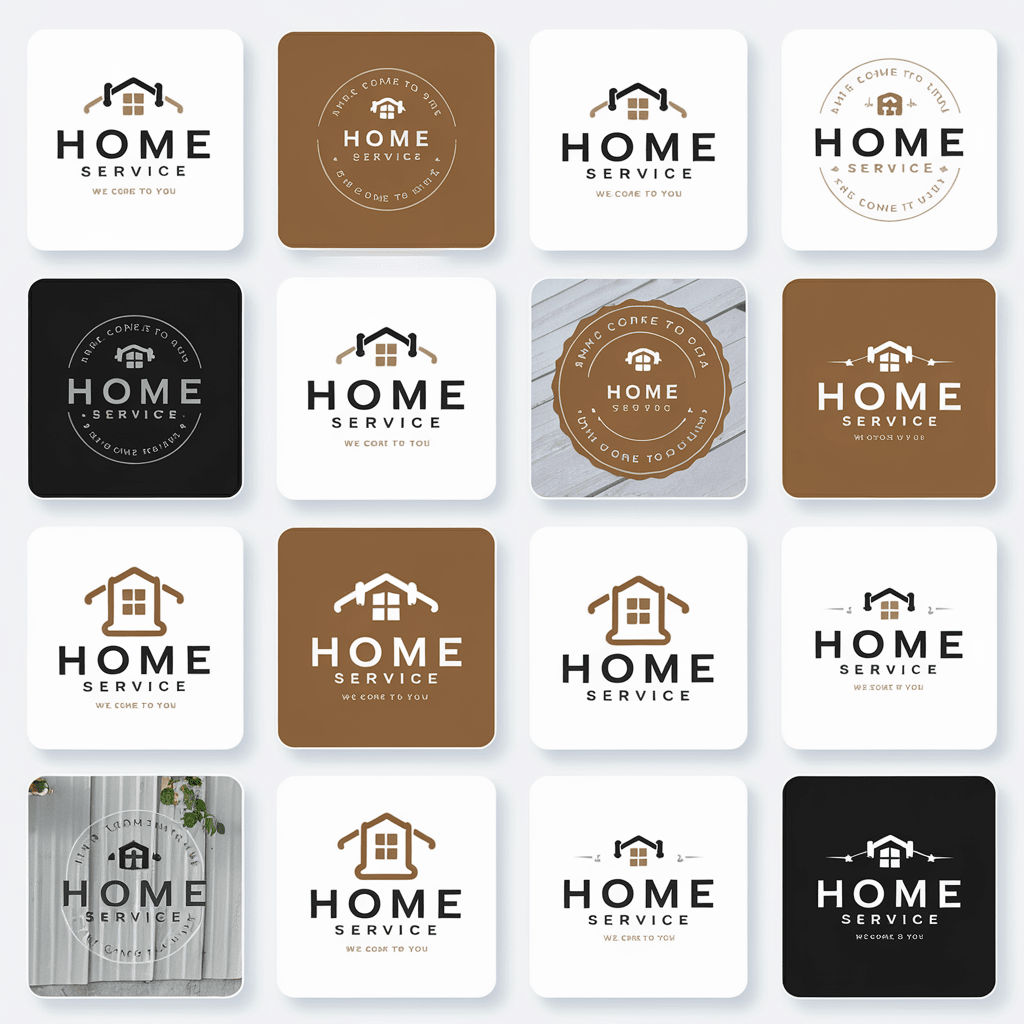
Every marketing piece — from business cards to shirts, flyers, and trucks — should carry a clear, easy-to-read logo. A strong, minimalistic design instantly builds trust and recognition. Think clean typography, bold contrast, and an icon that’s simple enough to remember but distinct enough to stand out.
Avoid clichés like roofs, hammers, or house outlines unless they’re uniquely executed. A timeless logo says, “We’re not new at this.”
QR Business Cards help with Authority & Future Traffic
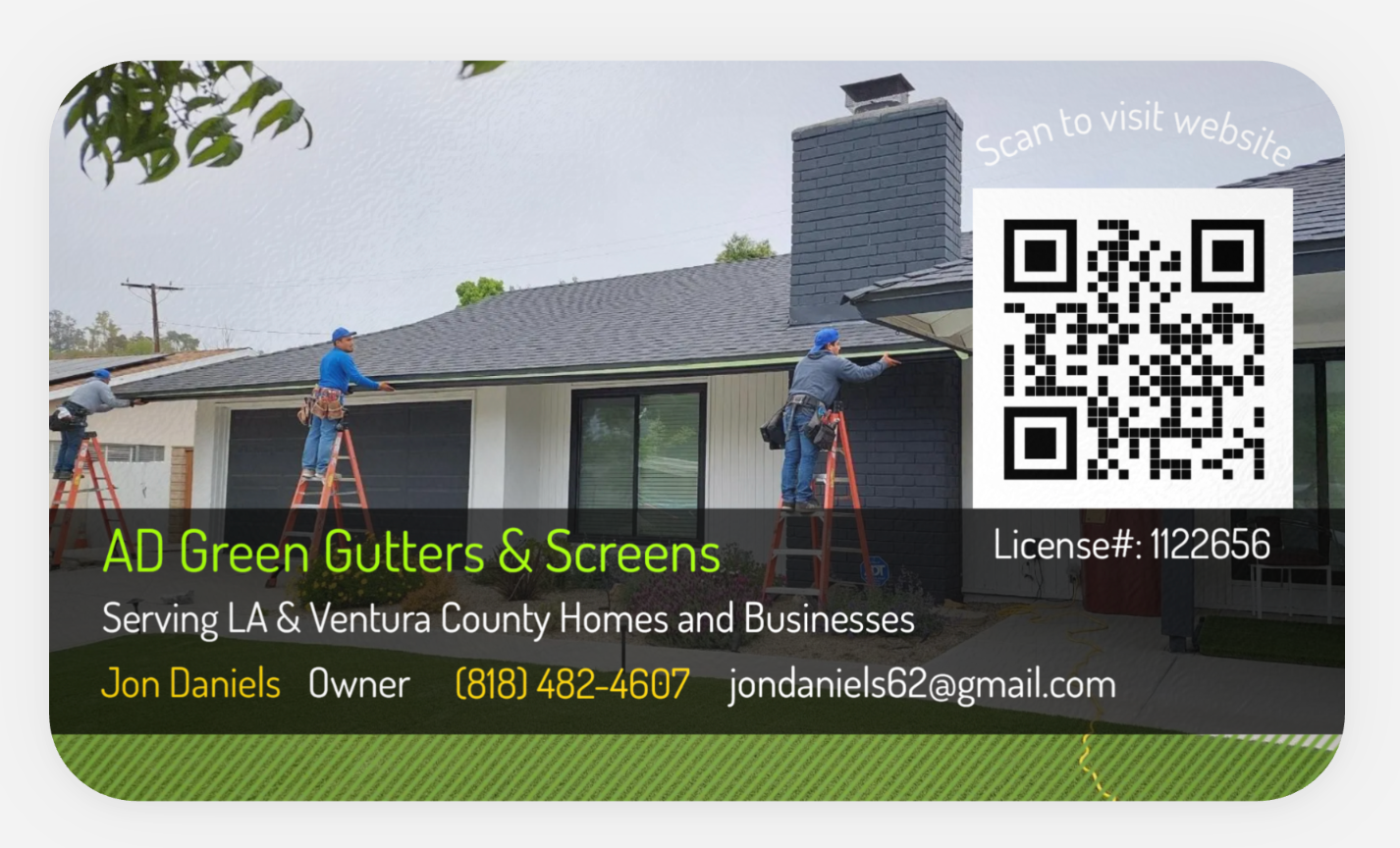
Your business card should be
minimalist and functional — logo, name, contact info, and a
QR code that links directly to your website. If your website is built correctly (like ours are), visitors will see your reviews, services, and credibility in seconds — often converting without needing to browse deeper pages.
Business Uniforms increase conversion rates
With Ring cameras everywhere, first impressions start before the door even opens. If you’re wearing an AC/DC shirt and shorts, you’ve already lost. Homeowners expect professionalism — your outfit is your first handshake.
Stick with company-branded polos, jackets, or shirts. Keep them clean, wrinkle-free, and coordinated with your brand colors. A crisp look equals credibility. A sloppy look equals “no thanks.”
Mini Door Knocker Brochures
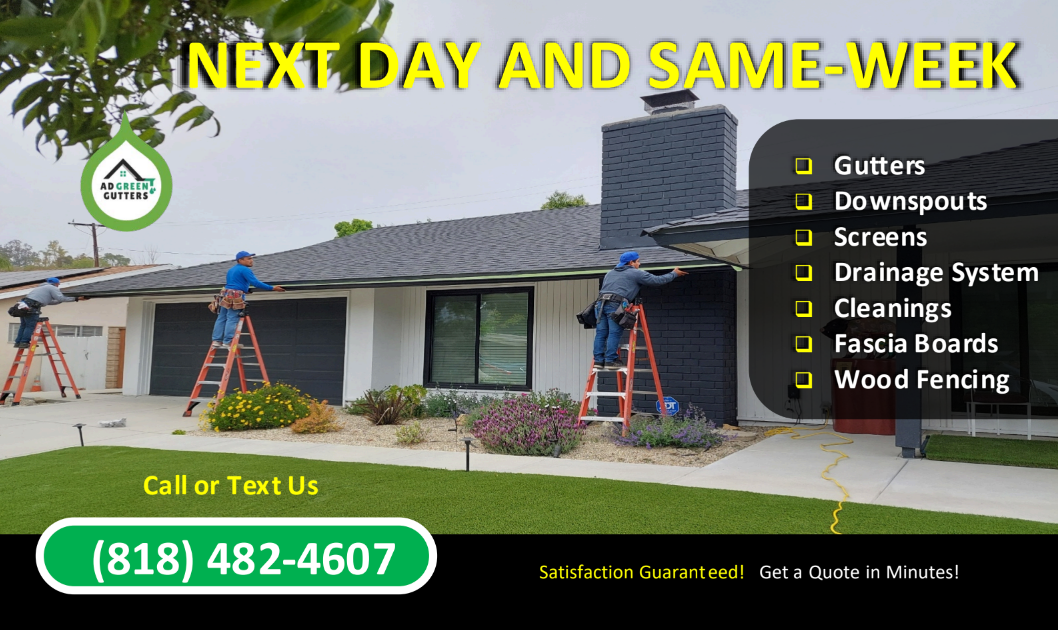
Skip the big 8.5x11 sheets. A 3x5 flyer or door hanger with branded colors, a service checklist, and a QR code linking to your website works far better. When scanned, that QR boosts both your site traffic and SEO authority over time.
- Front side: attention-grabbing design.
- Back side: proof — reviews, photos, or a case study.
Pro tip: Mention next-day service, same-week availability, and emergency calls. That urgency wins.
🔥 Case Studies
AD Green Gutters booked 15 new jobs in six months, picked up 8 new reviews, and got 9 referrals — just by knocking doors of neighbors during installs.
MP Restoration mailed a fire-relief offer (25% off services) after the Los Angeles fires — generating
$200K in 90 days.
Choose High-Earning Neighborhoods for bigger home improvement jobs

Door knocking is a game of strategy, not luck. You can have the best script and the sharpest branding in the world, but if you’re knocking in the wrong neighborhood, you’re wasting daylight (and gas).
Start with what matters most:
proximity, income, accessibility, and familiarity.
Stay Close — 0–20 Miles from Your Business
Don’t chase miles; chase margins. Staying within 0–20 miles of your shop or office means less time driving and more time actually knocking. It also makes follow-ups easier and creates a sense of community — homeowners respond better to companies that are local.
When you can say, “We’re right up the road,” it instantly lowers their guard and boosts trust. People want to work with contractors who live and spend money in the same area they do.
Target High-Income, High-Homeownership Zones
You’re not just looking for houses — you’re looking for qualified roofs, gutters, and homeowners who can say yes without hesitation.
Use tools like Google Maps, Zillow, or DataUSA to find neighborhoods where the median household income is higher than your city average. These areas typically have:
Well-kept homes that need upgrades, not repairs.
Homeowners willing to invest for aesthetics and longevity.
Fewer renters — meaning your efforts go to people who can actually hire you.
If your trade involves premium services (metal roofing, restoration, solar, etc.), this one step alone can double your ROI on time spent in the field.
Choose Neighborhoods with Door Density
Quantity matters. A great door-knocking area isn’t just wealthy — it’s walkable.
Avoid gated or spread-out communities where you waste 10 minutes between each home. Instead, target neighborhoods with:
- Homes side-by-side or tightly spaced cul-de-sacs.
- Open access (no gate codes or guard shacks).
- Ample parking that doesn’t make you look out of place.
- If you can park once and hit 30 doors in an hour, you’ve struck gold.
Knock Where You’ve Already Worked
Nothing sells like proof. When you’ve already helped someone in the neighborhood, leverage that momentum.
Lead with:
“Hi, I’m [Your Name] with [Your Company]. We recently helped your neighbor on [Street Name] with [Service], and I wanted to introduce myself in case you’ve been thinking about the same thing.”
This small familiarity flips you from “salesperson” to local expert. Mentioning a street name or recent project builds instant credibility — it’s how you go from a cold knock to a warm welcome.
Know the Neighborhood Before You Arrive
Do your homework. Know the main streets, landmarks, and subdivision names before you ever step out of the truck. When you say, “I just came from Oak Ridge Drive,” or “We’ve done a few jobs over by Highland Court,” homeowners subconsciously categorize you as a neighbor — not an outsider.
People buy from people who feel familiar. So act like you already belong there.
| City | Population | Annual Earnings | # of Homes | Distance | Overall Rank |
|---|---|---|---|---|---|
| Reno | |||||
| Sparks | |||||
| Carson City | |||||
| Fernley |
Practice your door knocking pitch

You’ve got two seconds to make an impression before the door shuts. So skip the fluff — be kind, fast, and to the point. After 20 years of door knocking, here are a few pitches that consistently work for contractors in roofing, gutters, restoration, and beyond:
Neighborhood Pitch
“Hi, I’m [Your Name] with [Your Company]. We were helping [Neighbor’s Name] with [Service], and I just wanted to introduce myself in case you’ve been thinking about the same type of work. If you’re curious, [Neighbor’s Name] said they’d be happy to share their experience.”
Network Pitch
“Hi, I’m [Your Name] with [Your Company]. Your home looks great, but I was curious — do you know anyone nearby who might need [Service]? If someone comes to mind, I’d be grateful if you passed along my info. There’s a scannable QR code here so they can check out our reviews first."
Last Year Pitch
“Hi, I’m [Your Name] with [Your Company]. Last year there were ____ homes that saw considerable damage from the rainy/snow season. Would you like a FREE inspection? No hard sell, just see if there's a small repair needed, to save you $20k or more in big future repairs down the road?"
Replacement Pitch
“Hey, I just finished [House #]’s new [roof/gutters/etc.], and while I was packing up, I noticed your [roof/gutters/siding] might be showing signs of wear. Have you considered getting them looked at or replaced soon?”
Overcoming Objections
Objections are a part of doing business. The key to overcoming them is time and understanding. Agree with them but not completely. Relate to them and still leave something behind. Today may not have been you're day, tomorrow could be the day they call you or refer you to someone else.
Objection: "I'm not interested"
“I'm sorry you were already contacted. I'll update my system, and just leave a flyer with you so if anyone you know is interested, they don't have to get lost in online searching."
Objection: "I don't have time"
No worries. I got a whole city to speak to today as well. I’ll be in the area on ______ (day/week) and drop by then. Have a great night.”
Objection: "We already have someone"
“That’s great! Could you just save my information in the rare case they're on vacation and an emergency issue pops up. Always good to have someone waiting on the bench to jump in and hit the homerun for you."
Best days and times to door knock
The best time to door knock is when people are actually home — simple as that. Knock too early or too late and you’re not just wasting time; you’re risking your reputation (and maybe a black eye). Older neighborhoods are gold during the day — residents over 60 tend to be home more, have disposable income, and often own aging homes ready for upgrades. Aim for 10:30 a.m. to 6:30 p.m. for best results.
Newer communities work differently. The secret there is visibility — knock around lunchtime or after a nearby project wraps up, when homeowners can see your finished work in action. Never knock before 8:00 a.m. or after 6:00 p.m. — it’s not just rude, it’s ineffective. And before you start, check local laws and always respect “No Soliciting” signs. Nothing kills a brand faster than ignoring boundaries.
Tracking and Follow-up Guidance
Finding success in a neighborhood starts with consistency. Track which areas generate real conversations, not just doors knocked. Log details in a simple Google Sheet or CRM — city, street, and level of interest (warm, hot, appointment, or referral). Over time, patterns will appear: which communities convert best, what days perform strongest, and how many doors equal one booked job. When you know your numbers, you can focus your energy where it counts instead of starting from scratch every week.
Once you’ve identified high-performing neighborhoods, follow up strategically. Wait a week or two, then send a short thank-you note or make a quick call: “Hi, this is [Your Name] from [Your Company]. We met briefly when I was helping [Neighbor]. Just wanted to thank you for your time and let you know we’re here if you ever need help with your [service].” This keeps you top of mind without being pushy. Smart follow-ups turn yesterday’s “maybe” into tomorrow’s “booked appointment.”
Need help growing your business faster and more affordably?
Door knocking isn’t dead — it’s just misunderstood. With sharp branding, the right neighborhoods, and a professional first impression, you can still turn cold doors into warm leads in 2026. Whether you’re a roofer, gutter installer, or restoration pro, this skill still works — if you do it right.
Subscribe to Blog
Sign up to get industry insights, trends, and more in your inbox.
Contact Us
We will get back to you as soon as possible.
Please try again later.
FREE Marketing Audit
- Complete the form
- We do all the analysis
- We email you a video strategy
- You watch the video
- Join us for a call or take it & run!
home page form
Thank you for contacting us.
We will get back to you within 4 business hours to set up a time to talk.
Oops, there was an error sending your message. Please try again later.
SHARE THIS



